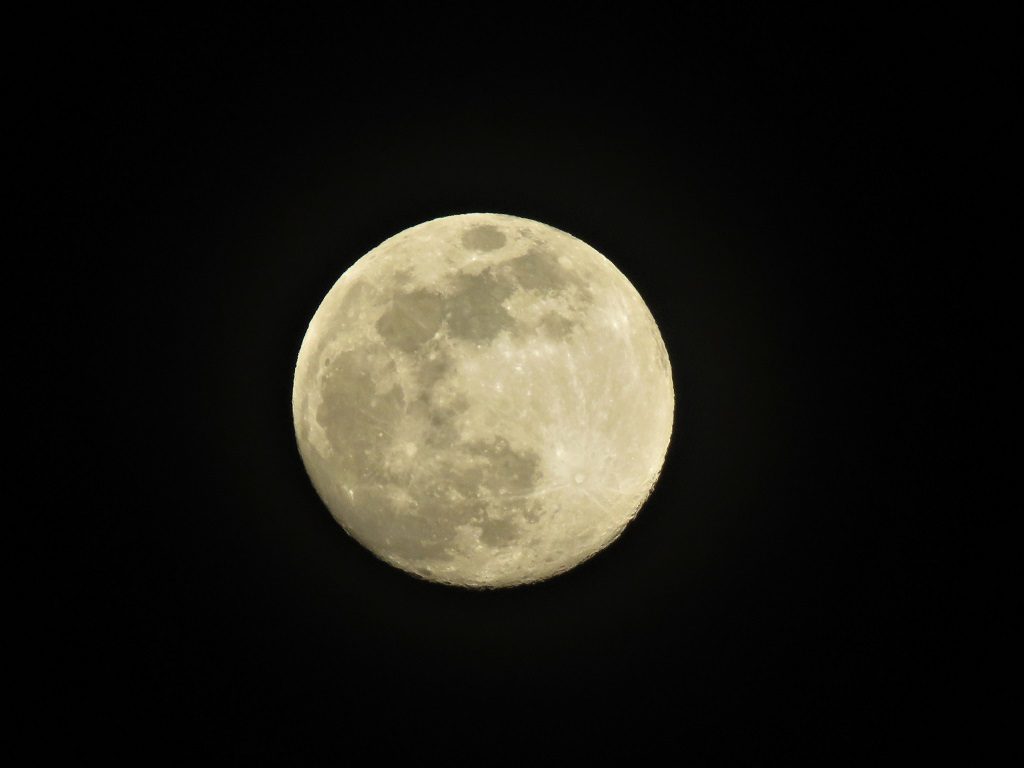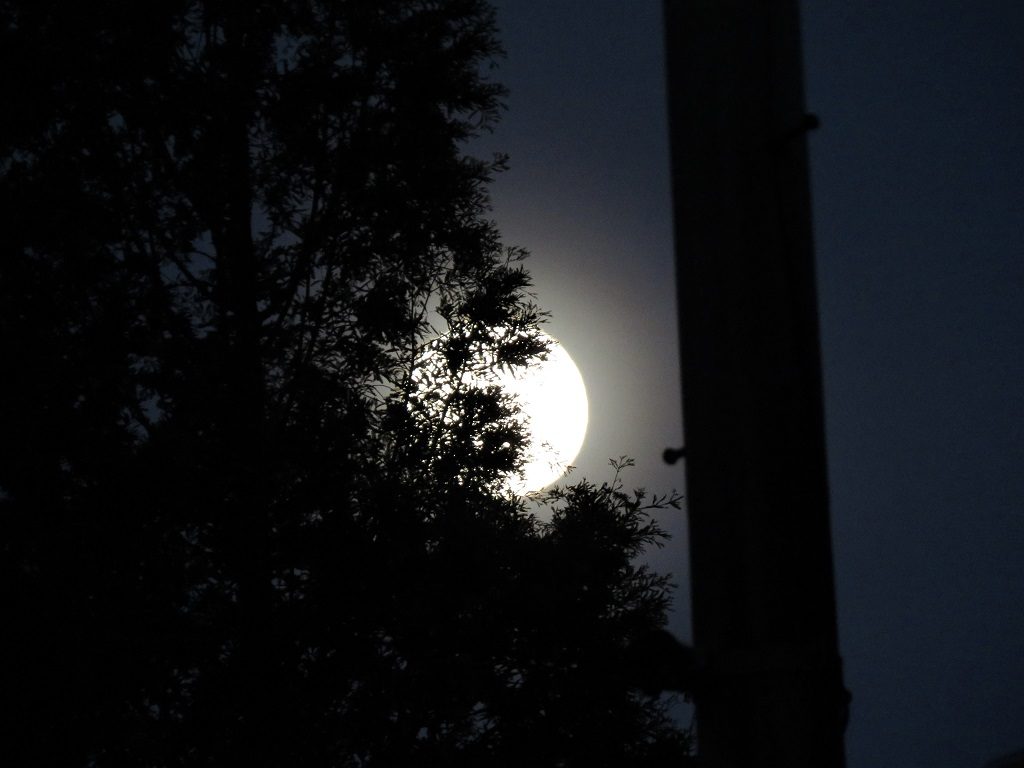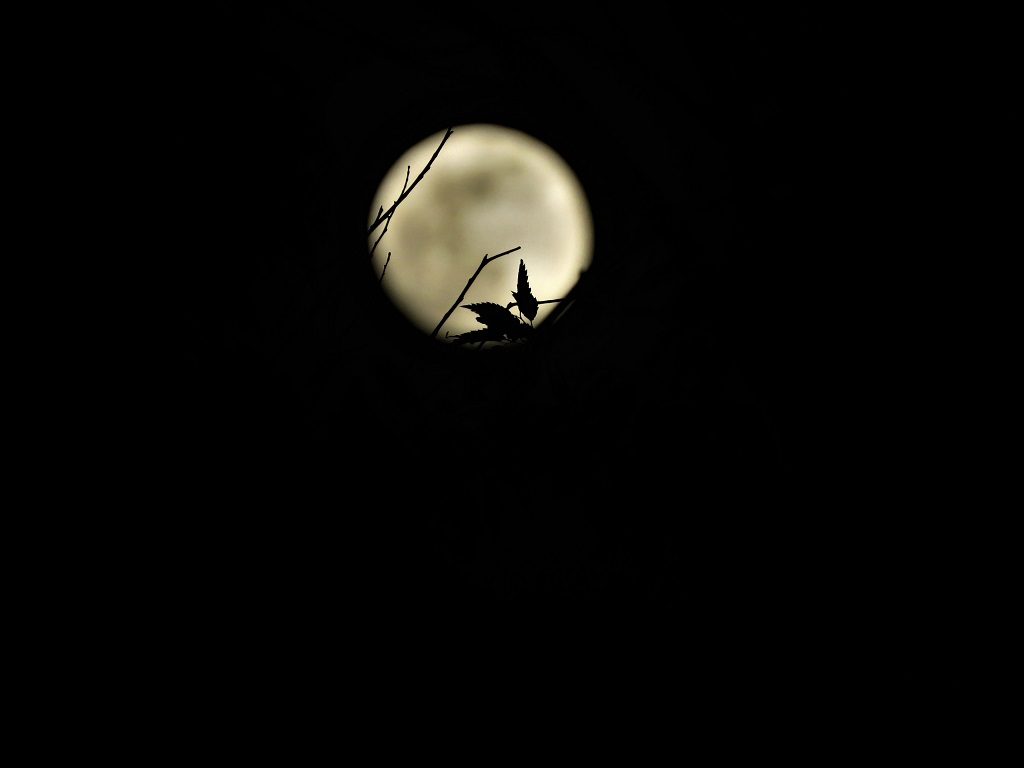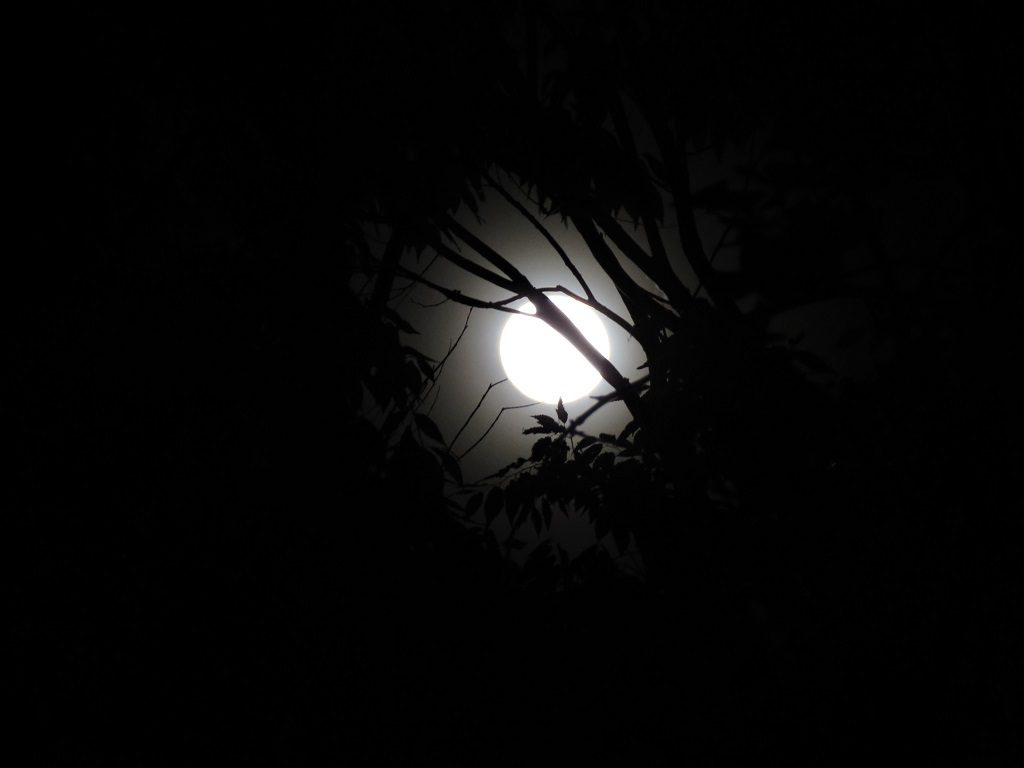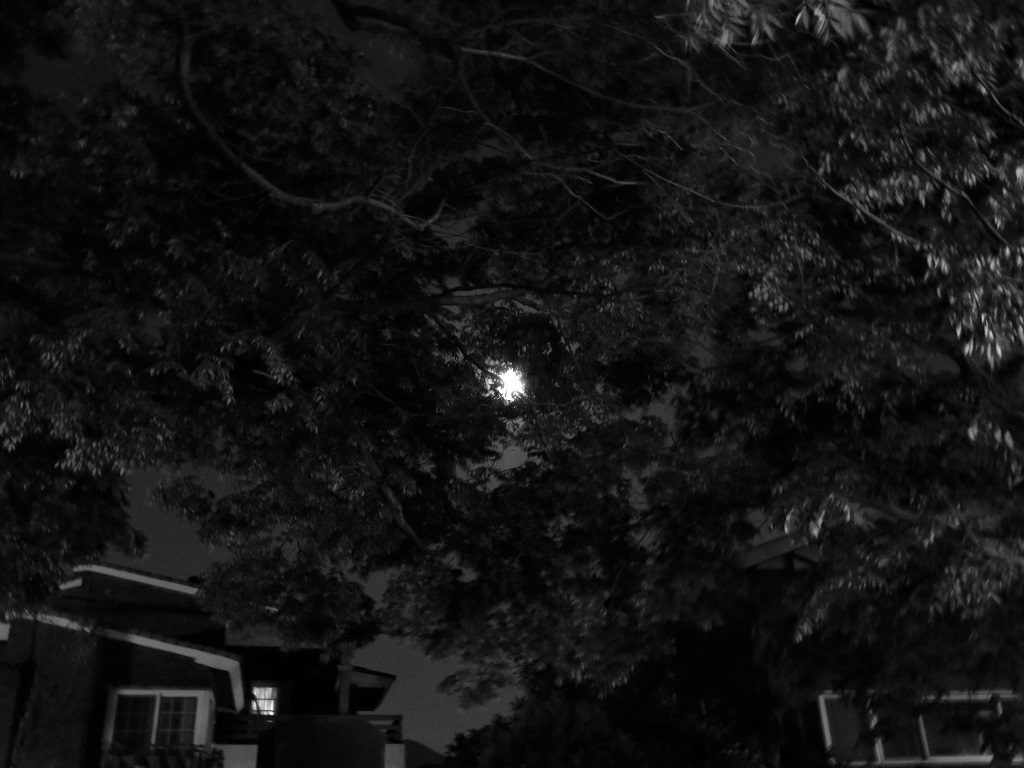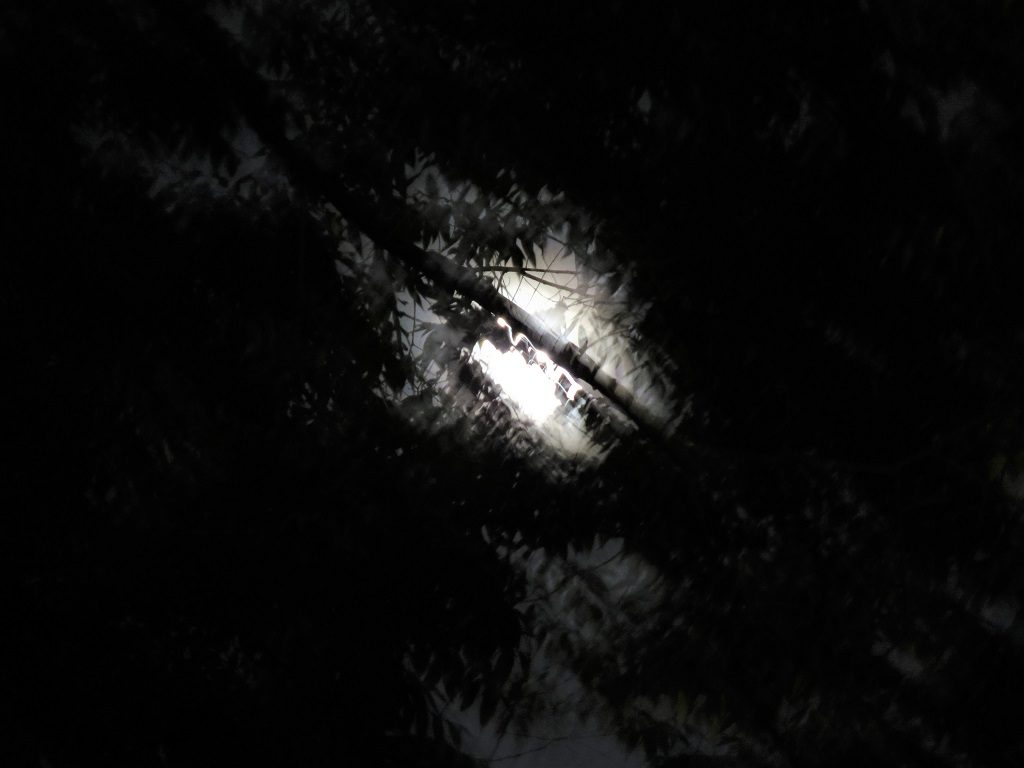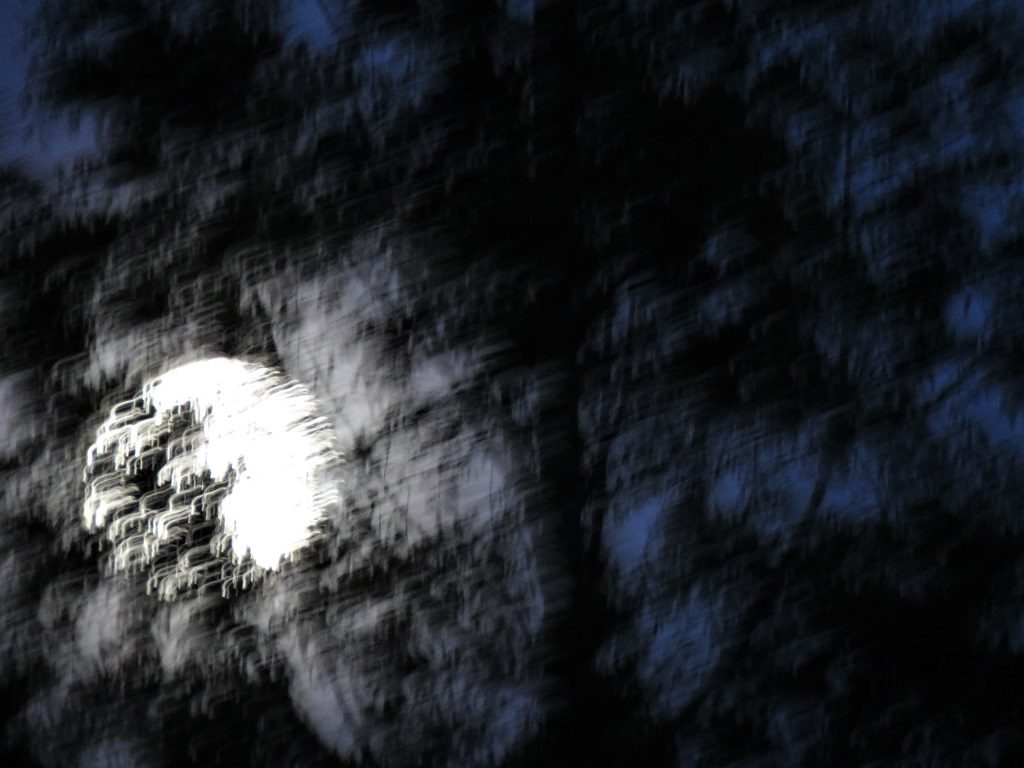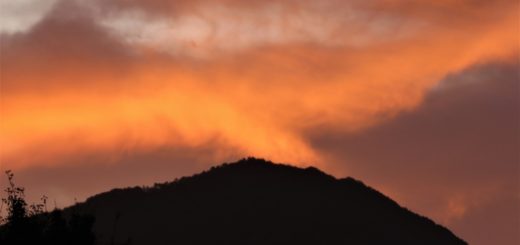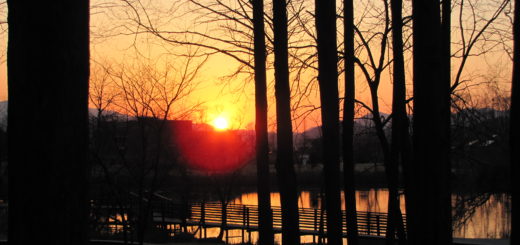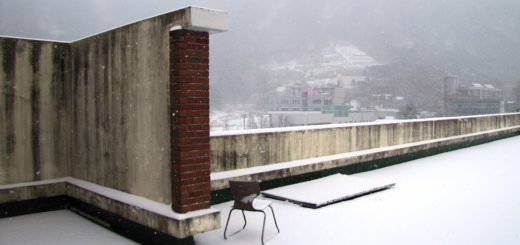The Full Moon
A political age’s night is bleaker than Nature’s. When man’s sun is extinguished, he descends into the complete darkness of the blind and listless. When Nature’s source of light retreats, by contrast, the passivity of unfulfilled desire, enlivened by hints of past brightness, sustains a guiding glow which prevents the darkness from devouring all. The moon’s reflective surface itself, imitating the daylight, keeps the world faintly, hopefully, tantalizingly visible, at least to the few who still have the courage and the awareness to venture out under the night sky in search of a lingering glow, like one kicking the ashes of a spent campfire in the hopes of stirring up an ember.
These days in particular, as darkness has enveloped the polis, where would we be, and what hope would we have, without the reflective glow of the moon?
And those attentive to nuances understand that the moon does not merely reflect the lost sun, cold and aloof. Any intelligent person who has looked carefully into the eyes of a trusted friend knows that eyes are not only windows, but also mirrors; we see ourselves as much as we see the other. Likewise the moon, if examined with similar trust, suggests not only the presence of its hidden source of light, but also the condition of our own souls.
Look at the moon actively, then — not like a drunken poet, but like the soberest psychologist and historian. Find yourself, and the essence of our age, in that night beacon.
